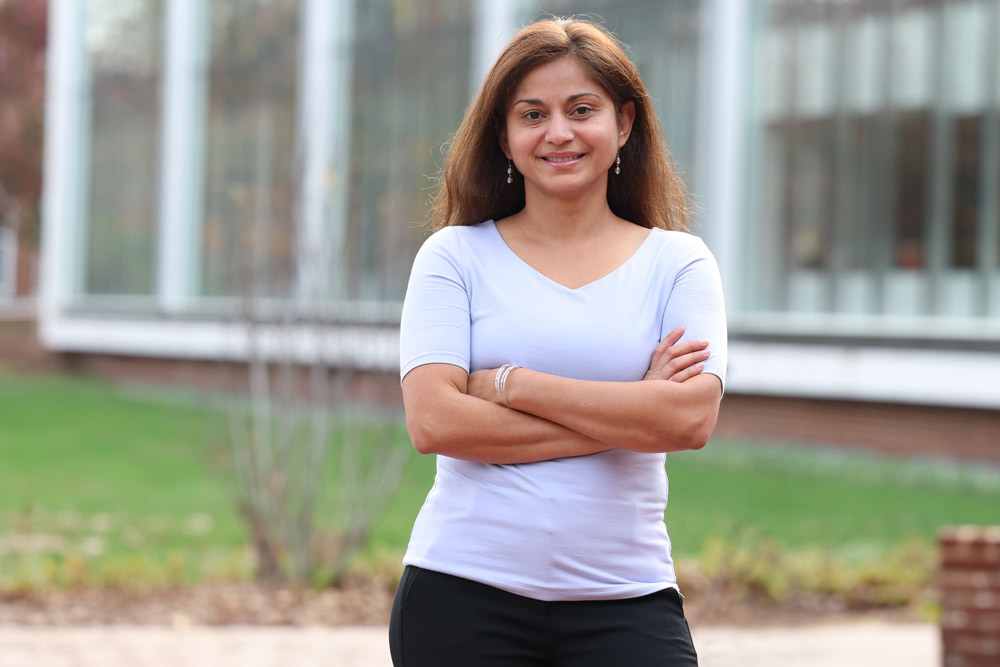New University of Virginia research is pinpointing when young children begin recognizing what they believe to be unfair treatment in the classroom.
Findings from associate professor Amrisha Vaish’s Early Social Development Lab show when children begin to view collective punishment for an individual’s misbehavior as “less fair” than targeted punishment.
If first-grade teacher Mr. Thorton cancels recess for the entire class because Molly broke a rule, 6- and 7-year-old children are not pleased. “They did not think it was OK to punish a whole group for one individual’s transgression,” Vaish said.
This scenario played out differently for 4- and 5-year-olds. “Overall, they didn’t really show a differentiation between these two types of punishments,” collective or targeted, the professor explained.
“The study was conducted in a kind of pretend classroom scenario where we made the children imagine that they were part of a classroom in which different transgressions and punishments were happening,” Vaish said.
Vaish’s team examined responses to collective punishment versus targeted punishments in 36 youngsters between 4 to 5 years and 36 between 6 to 7 years. Both groups also experienced a baseline condition in which the whole group misbehaved, and the whole group was punished. The researchers found the older children thought this baseline scenario was more fair than collective punishment for individual rule-breaking and as fair as targeted punishment.
“So, the older group recognized that group punishment is appropriate and fair in some circumstances, like when the entire group was at fault,” Vaish said. “But they viewed group punishment for an individual’s transgression as unfair.”

Amrisha Vaish is the director of UVA’s Early Social Development Lab. (Photo by Matt Riley, University Communications)
The researchers also gave children in both age groups cloth flowers to give as favors. “When a teacher carried out the more unfair kind of punishment, where she punished the whole group for one individual’s transgression, children gave her fewer flowers than the teacher who carried out the targeted punishment and the teacher in the baseline scenario.”
Vaish said these are some of the first findings to “show that the type of punishment that a teacher chooses to use could potentially impact the ways in which children view the teacher and how much they like or want to affiliate with the teacher.”
She added what she called a “big caveat”: The study was not carried out in real classroom settings.










